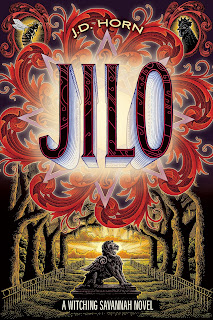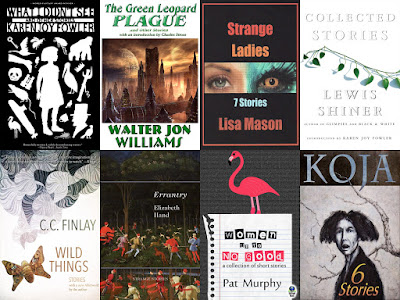This Author Spotlight features Occult Fiction Novelist J.D. Horn Author of Jilo J.D. Horn was raised in rural Tennessee and has carried a bit of its red clay with him while traveling the world, from Hollywood to Paris to Tokyo. He studied comparative literature as an undergrad, focusing on French and Russian in particular. J.D. also holds an MBA in international business and worked as a financial analyst before becoming a novelist. His newest novel, Jilo, is a standalone prequel to the bestselling Witching Savannah series. Previous titles in the series are The Line, The Void and The Source. Along with his spouse, Rich, and his furry coauthors, Duke and Sugar, J.D. divides his time between Black Butte Ranch, Oregon, and San Francisco, California 1. How did you get into writing and why do you write? I see a desire to write as the natural extension of the love of reading. I began writing (on a typewriter even—yes, I’m that ol




